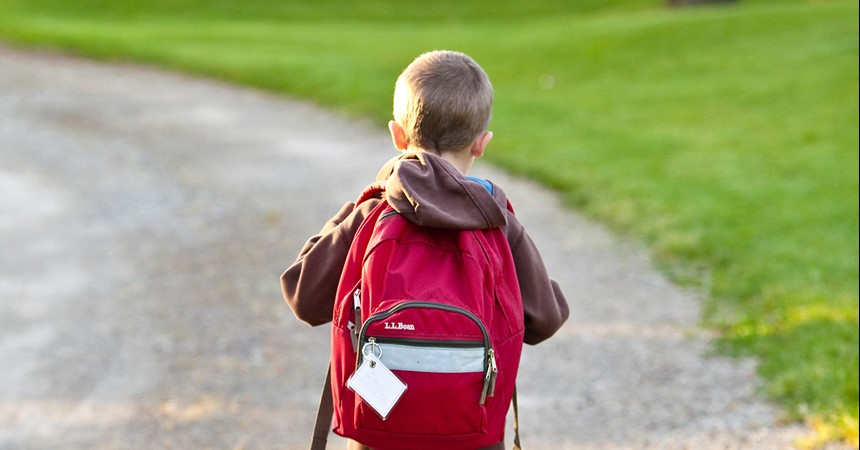It’s a major milestone, both for little ones as well as parents, so it’s understandable if both parties feel a bit nervous. But there are some techniques and guidelines you can follow to make it easier for you both.
Let them know what to expect
Talk about the big day with enthusiasm and excitement as much as you can. We should never underestimate the power of narrative to reassure and empower. Talk about what the day will be like, about what you will do to get ready, how your child will get to school, what they will do, and how the school day will end — as well as what will happen when they get home. Even read books together about going to school.
Talk to them about school rules
Some children might get confused or feel overwhelmed about school rules. Make them aware of what kinds of rules they should expect – for example what it means when the school bell rings or why they should line up when the teachers ask them to. Also make it clear to your child their daily routine will be changing and outline how and why these changes are occurring.
Go shopping together
There’s nothing like picking out a new lunchbox or backpack, or even a new pair of shoes, to make starting school more exciting. They should be put aside and only used when school starts, to keep them extra special!
Start planning – and trying – some healthy snacks and lunches
This is especially important if you have a child who is very picky, or one who is used to a hot lunch or something that doesn’t work so well when packed for school. Try out some new fruits and vegetables with a dip like hummus, sandwiches cut in fun shapes, or wraps filled with fresh ingredients.
Trying them ahead of time will not only be fun practice for school, it will help you figure out what will work and what won’t. You could even try a packed picnic lunch at the park with your child to help them prepare.
Visit your child's new school together
Attend as many information sessions and welcoming events together before the first day. Try to visit your child’s new school at least a few times to make them familiar with the environment. Introduce them to their new teachers and make sure you are relaxed and comfortable throughout the experience, as they will most likely take their cues from you.
Get your child on a sleep schedule that will work for school
This is perhaps the most important and many families start it too late (or not at all). Your child should preferably sleep nine to 10 hours every night. So figure out what time they will need to get up for school, count back 10 hours, and then start an hour before that with turning off screens and having calming routines.
For example, if your child needs to get up at 7am, they need to be in bed no later than 9pm — which means all screens should be off, and activities should be things like reading stories or playing quietly, after 7:30 or 8 pm. Start this at least a week before school starts, preferably two or more weeks, so that your child adjusts to the routine (and you do too!).
Most importantly, don’t forget to take a deep breath, enjoy yourself, and be proud. This is a milestone worth celebrating!
